Disclosure: This article contains affiliate links. We may earn a commission from purchases at no extra cost to you, which helps our travel content.
The ancient walls of Kano rise like terracotta sentinels around a city that pulses with contrasts – traditional indigo dyeing pits operating beside tech startups, centuries-old markets buzzing with modern commerce. When I told friends I was heading to Northern Nigeria solo, I got those familiar concerned looks. But as someone who's jumped out of perfectly good airplanes for fun, I've learned that calculated risks often lead to the most profound connections. My week in Kano transformed my understanding of Nigerian craftsmanship and innovation in ways no guidebook could prepare me for.
Navigating Kano as a Solo Female Traveler
Let's address the elephant in the room: safety concerns in Northern Nigeria are valid, but with proper preparation, Kano can be navigated successfully. I researched extensively, connected with local women through maker communities online, and arranged a trusted driver before arrival.
Upon landing, I immediately noticed the conservative dress code. My convertible travel skirt became my daily uniform, paired with loose long-sleeved tops and a lightweight scarf. As a mixed Cuban-American with olive skin, I didn't stand out as much as my blonde friends might, but I still attracted curious (mostly friendly) attention.
Moving around Kano requires planning. I used a combination of pre-arranged transportation with Mallam Ibrahim, a driver recommended by my local contact, and ride-hailing apps within the city center. While public transportation exists, it's not ideal for solo female travelers unfamiliar with the territory. The personal safety alarm I keep on my keychain gave me peace of mind, though I never needed to use it.
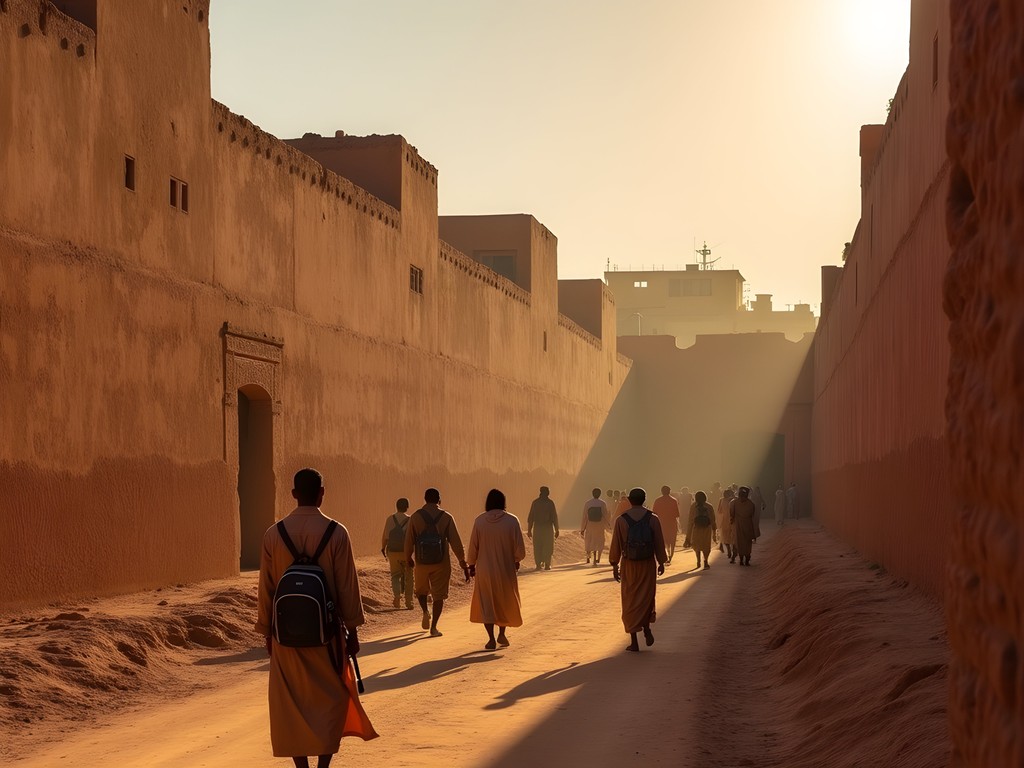
💡 Pro Tips
- Dress conservatively with loose clothing covering shoulders, chest, and knees (and sometimes ankles)
- Arrange trusted transportation before arrival through your accommodation
- Learn basic Hausa greetings - 'Sannu' (hello) and 'Na gode' (thank you) go a long way
Kano's Maker Culture: Where Tradition Meets Innovation
What drew me to Kano wasn't just its history but its vibrant intersection of traditional craftsmanship and emerging tech culture. My background connecting DIY making with digital platforms made this city particularly fascinating.
My first stop was the centuries-old Kofar Mata Dye Pits, where families have passed down indigo dyeing techniques for 500 years. Armed with my waterproof notebook, I documented the process as master dyers showed me how they create the geometric patterns that make Kano textiles world-famous. The dye stained my hands for days – a souvenir I proudly displayed!
What surprised me most was finding Innovation Hub Kano, a tech makerspace where young Nigerians are creating solutions to local challenges. I spent an afternoon teaching a workshop on DIY camera stabilizers (my claim to fame!) while learning about their solar power projects. The contrast between ancient dyeing techniques in the morning and 3D printing in the afternoon perfectly encapsulates why I travel – to witness tradition and innovation coexisting and cross-pollinating.

💡 Pro Tips
- Arrange a dyeing workshop at Kofar Mata in advance (expect to pay 5000-7000 Naira)
- Visit Innovation Hub Kano on Thursdays when they host open community events
- Bring small gifts for knowledge exchange - maker components like Arduino kits are highly appreciated
Kurmi Market: Navigating the Sensory Labyrinth
No visit to Kano is complete without braving Kurmi Market, one of Africa's oldest trading centers. Dating back to the 15th century, this sprawling labyrinth of narrow alleys houses everything from intricate leatherwork to spices that will make your sinuses sing.
I recommend hiring a female guide for this expedition. Mine was Aisha, a university student who moonlights as a market guide. Her knowledge transformed what could have been an overwhelming experience into a masterclass in Nigerian commerce and craftsmanship. For this adventure, I wore my anti-theft crossbody bag which kept my essentials secure while leaving my hands free to examine goods.
The leather craftsmanship in Kano rivals anything I've seen in Morocco. I watched artisans create intricate designs on goatskin using techniques unchanged for centuries. My most treasured souvenir is a hand-tooled leather case for my drone controller, custom-made while I waited. The craftsman incorporated both traditional Hausa patterns and, at my request, a small shamrock as a nod to my Irish heritage.
Navigating the market requires stamina and cultural awareness. Bargaining is expected but should be done respectfully. I found using my pocket currency converter helpful for quick calculations during negotiations.

💡 Pro Tips
- Hire a female guide through your accommodation for navigating the market (expect to pay 3000-5000 Naira)
- Visit in the morning (8-10am) when it's less crowded and temperatures are cooler
- Take photos only after asking permission and possibly offering a small tip
Cultural Immersion: Respectful Engagement with Local Traditions
The highlight of my week in Kano was being invited to a henna ceremony preceding a local wedding. Through connections made at the Innovation Hub, I met Fatima, who invited me to join this traditionally female gathering. I brought my instant photo printer which became an unexpected hit – printing photos of the intricate henna designs for the women to keep.
Kano's religious significance means understanding Islamic customs is essential for respectful travel. Friday is the holy day, and many businesses close for prayers. This creates a unique rhythm to the week that's worth planning around. I used Fridays for writing and processing photos at my guesthouse, then exploring local food in the evening when activity resumed.
Speaking of food, Kano's cuisine deserves attention. Tuwo shinkafa (rice pudding) with miyan kuka (baobab leaf soup) became my obsession. The street food scene requires caution for foreign stomachs, but I navigated it successfully by following local recommendations and always carrying my water purification tablets for emergencies.
My background in cultural digital marketing made me particularly aware of representation issues. I was careful about what and how I photographed, always seeking permission and explaining my blog's focus on maker culture and craftsmanship.

💡 Pro Tips
- Learn basic Islamic etiquette before visiting (prayer times, appropriate greetings)
- Bring small, thoughtful gifts if invited to homes (I brought Irish tea and Cuban coffee)
- Ask before photographing people, especially women
Accommodation & Practical Considerations
Finding appropriate accommodation in Kano requires research. I stayed at Prince Hotel, which offers secure mid-range rooms and importantly, understands the needs of solo female travelers. They arranged airport pickup and helped coordinate my driver for the week. The hotel's location near Kofar Mata made it convenient for my craft-focused itinerary.
Internet connectivity was better than expected but inconsistent. My portable WiFi hotspot became essential for uploading content and staying connected with safety contacts. I recommend purchasing a local SIM card immediately upon arrival for backup connectivity.
Health precautions are non-negotiable. Beyond required vaccinations, I carried a comprehensive travel medical kit that included prescription antibiotics and antimalarials. Kano's dry winter season meant fewer mosquitoes, but I still took precautions.
The language barrier can be challenging. Hausa is the primary language, with varying levels of English proficiency. I downloaded the Hausa language pack on Google Translate before arrival and learned basic greetings. My efforts at simple Hausa phrases were always met with appreciation and often laughter at my pronunciation – creating instant connections across cultural divides.

💡 Pro Tips
- Book accommodation that specifically mentions security and airport transfers
- Register with your embassy before arrival
- Carry printed copies of important documents including hotel confirmation and return flight
Final Thoughts
My week in Kano challenged preconceptions and reinforced my belief that making things together – whether it's indigo-dyed fabric, leather goods, or tech solutions – creates connections that transcend cultural barriers. Yes, traveling solo as a woman in Northern Nigeria requires additional planning, awareness, and sometimes courage. But the rewards are immeasurable: genuine cultural exchange, craft traditions experienced firsthand, and friendships forged through shared creativity.
Kano isn't for first-time solo travelers or the faint-hearted. But for those with experience navigating complex cultural landscapes and a genuine interest in the intersection of traditional craftsmanship and emerging innovation, it offers insights available nowhere else. As I left, my hands still faintly blue from the dye pits, I realized that like the indigo that had temporarily marked my skin, Kano had permanently colored my understanding of Nigeria's rich cultural tapestry.
Have you explored craft traditions in unexpected destinations? I'd love to hear about your experiences connecting with maker cultures around the world. Until the next adventure – keep making, keep exploring!
✨ Key Takeaways
- Kano offers unique opportunities to experience the intersection of ancient crafts and emerging tech innovation
- Solo female travel is possible with proper preparation, cultural sensitivity, and local connections
- Making things alongside local artisans creates deeper connections than standard tourism
- Winter (Harmattan season) offers the most comfortable climate for exploring Kano
- Building relationships through maker spaces provides authentic cultural immersion opportunities
📋 Practical Information
Best Time to Visit
November-February (dry season/Harmattan)
Budget Estimate
$50-75/day including accommodation, transportation, and activities
Recommended Duration
5-7 days
Difficulty Level
Challenging
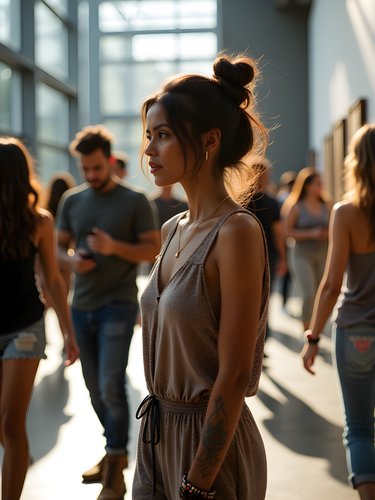
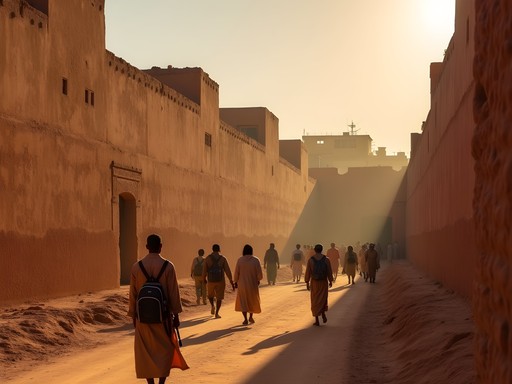
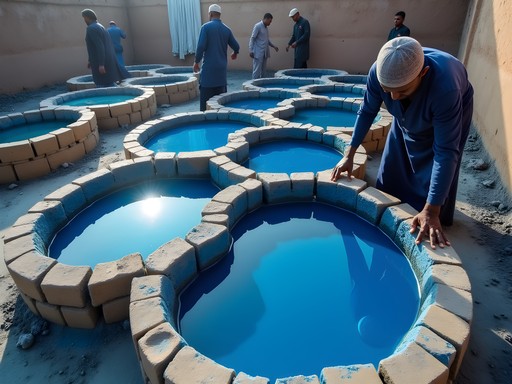
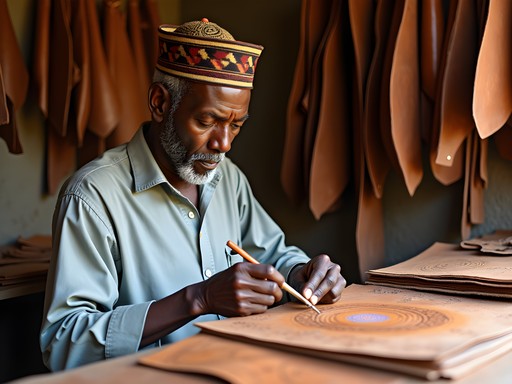
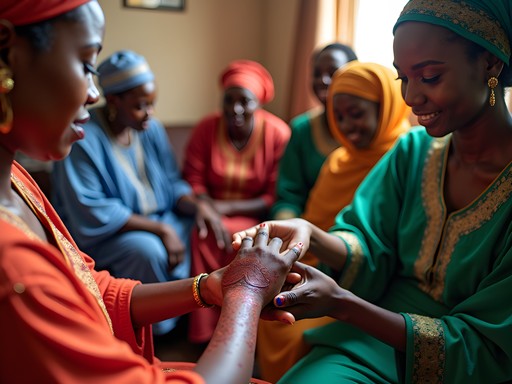



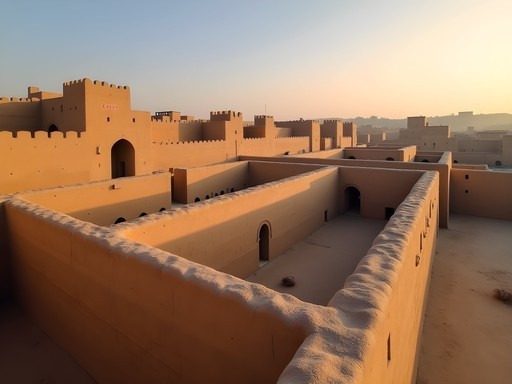
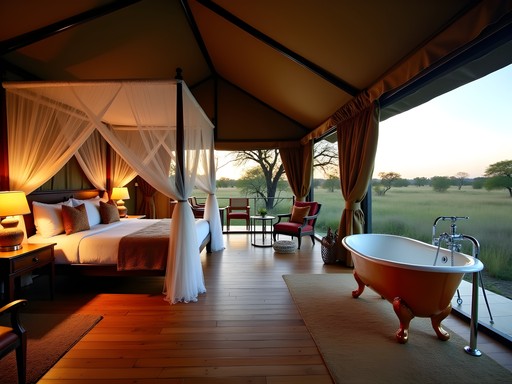

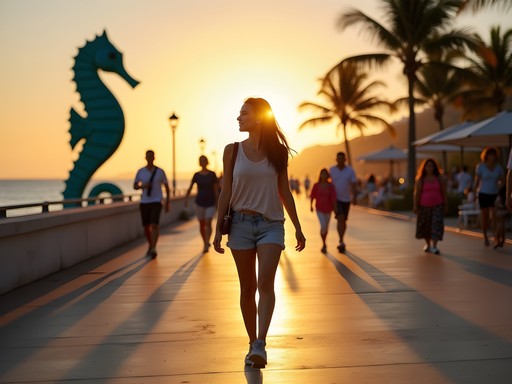

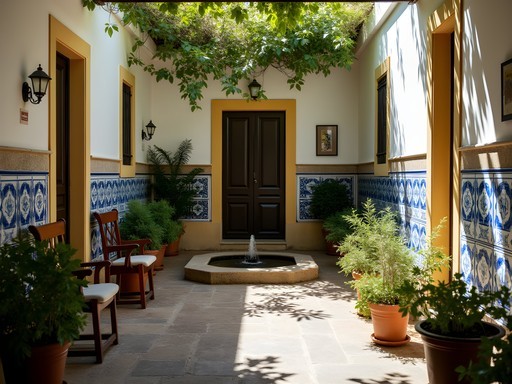

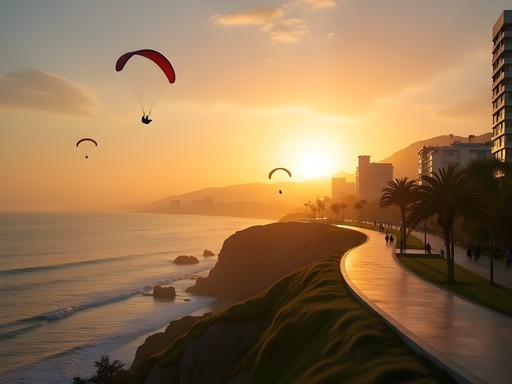
Comments
luckyperson
The indigo dyeing photos are stunning!
wanderchamp
Love this! The photos of Kurmi Market are incredible. I've been wanting to explore more of Nigeria beyond Lagos. Did you have any issues with photography? I've heard some places in the north are sensitive about cameras.
Astrid Williams
Good question! Always ask permission before photographing people - most vendors were happy to be photographed once I asked and showed genuine interest in their work. Avoid photographing government buildings, military, or police. In the market, I found that buying something first made people much more receptive to photos.
springtime
How did you handle getting around? Are taxis safe for solo women or did you use something else?
Astrid Williams
I used a combination of ride-hailing apps (similar to Uber) and pre-arranged drivers from my accommodation. The apps felt safest because there's tracking. I avoided the shared keke napep (tricycles) at night but used them during the day without issues.
luckyperson
Good to know, thanks for asking this!
escapestar
Is it safe though? Kinda nervous about traveling solo there
wanderchamp
I had the same worries before my first trip to West Africa but honestly if you follow local advice and dress appropriately it's usually fine. The key is connecting with locals who can guide you - don't just wander around aimlessly.
Astrid Williams
Totally understand the nerves! I felt the same before going. I hired a local guide for the first two days which really helped me get oriented. Check your government's travel advisories, but Kano city itself is generally safe for tourists who take sensible precautions. Stay aware, trust your instincts, and connect with other travelers or locals through your accommodation.
greenblogger
Love this! Adding to my bucket list
Taylor Moreau
Excellent write-up, Astrid. I visited Kano for business conferences twice in the past three years and your observations about the maker culture are spot on. The indigo dyeing pits are extraordinary - I commissioned several pieces that now hang in my London flat. One tip I'd add: arrange your Kurmi Market visits for early morning. The light is beautiful for photography and it's significantly less crowded. Also recommend staying at the Tahir Guest Palace if budget allows - professional staff who understand international travelers' needs.
escapestar
thanks for the hotel tip!
Ahmed Greene
Kano! This brings back memories. I spent three weeks there in 2019 staying with a friend's family. Your description of Kurmi Market is spot-on - that place is an absolute sensory overload in the best way. I still have the leather bag I bargained for there, and it's held up beautifully. One thing I'd add for budget travelers: the local food stalls around the market are incredibly cheap and the suya is phenomenal. I was eating full meals for less than a dollar. The hospitality I experienced there was unlike anywhere else I've traveled.
Marco Suzuki
Really thoughtful post, Astrid. I've been researching West African destinations for solo travel and Kano keeps coming up but with mixed reviews on safety. Your point about the maker culture is fascinating - I hadn't considered that angle. Did you arrange your visits to the dyeing pits and leather workshops independently or through a local guide? I'm trying to gauge how much can be done independently versus what requires facilitation.
Astrid Williams
I did a mix of both. The first day I hired a local guide through my guesthouse which really helped me get oriented and make initial contacts. After that, I felt comfortable going back to places independently. Having that initial introduction made a huge difference - people remembered me and were more welcoming.
wavetime
Really cool post!
sunsetblogger
This looks amazing! Quick question - what did you wear day to day? Trying to figure out how conservative I need to pack for northern Nigeria.
Astrid Williams
Hey! I wore loose long pants or maxi skirts with long-sleeved cotton shirts. A light scarf was essential - both for covering hair when visiting mosques and for sun protection. The locals really appreciated the effort to dress modestly.
sunsetblogger
Perfect, thanks so much!
Venture X
Premium card with 2X miles, $300 travel credit, Priority Pass